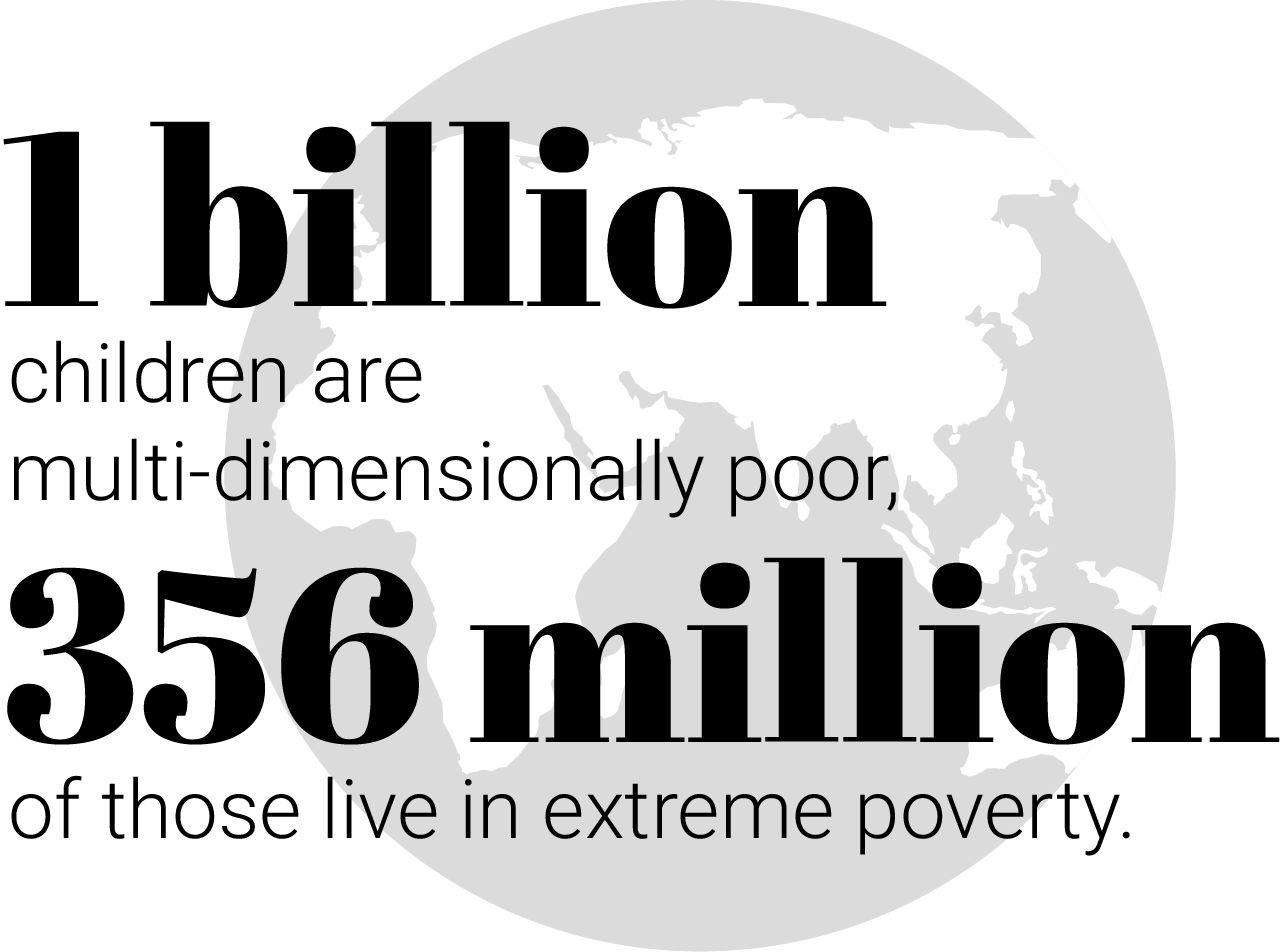Breaking the Cycle of Poverty
Many impoverished families around the world are trapped in a cycle of generational poverty. Their parents were poor before them, and their children, unless something changes, will likely be poor as well. Crucial to breaking the cycle of poverty is altering the poverty mindset that often accompanies it.
Millions of children worldwide inherit poverty, and often the poverty mentality that comes with it. Scarcity often orients the mind toward immediate, unfulfilled needs, and powerfully so.1 Such a mindset may lead parents to sacrifice their children’s education to ensure there’s food on the table.
This lack of education tends to perpetuate the cycle of poverty, limiting job opportunities and chances to improve one’s quality of life. But what is one to do when funds are insufficient to adequately cover basic needs? This is the case for 736 million people living below the poverty line, earning just $1.90 a day, or less.2
One can hardly blame them for choosing the sustenance required for survival over investing scant resources in a chance for a better future. Their meager incomes leave no room to hope for a better life. Instead, they scrape by, working hard at menial jobs just to survive, offering their children a heritage of poverty.
UNICEF estimates 1 billion children are multi-dimensionally poor, and 356 million of those live in extreme poverty.3 If only they could break out of the cycle.
Thankfully, organizations such as GFA World are helping these people in need.
GFA World, which has been serving the “least of these” since 1979, offers long-term community development programs that show people the tangible love of Christ and uplift entire communities.
These programs empower men, women and children in need to improve their lives in lasting, transformational ways.
GFA workers partner with local authorities and community leaders to determine the unique needs of each individual community in which GFA World serves. They then work to provide basic necessities such as clean water, better nutrition, basic healthcare, education and economic opportunities. These resources benefit the entire community, and cycles begin to break.
With the practical support and value-based education assistance offered through GFA World’s child sponsorship program, for instance, children can “become well-rounded, capable, confident adults.”4
These children can not only dream of a better future—in which they can become teachers, nurses, dentists, or the like—they have the solid foundation upon which to build that future and break the cycle of poverty.
The program also provides children and their families with basic necessities such as food provisions, school supplies and medical checkups, alleviating the financial burden of the family.
Click here, to read more about this article.
Click here, to read more blogs in Gospel for Asia.Com



Comments
Post a Comment